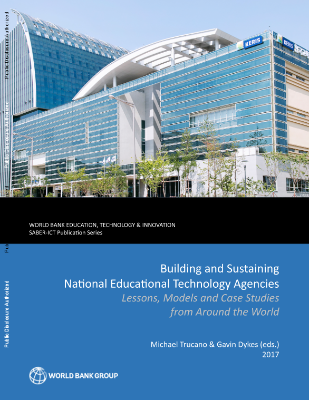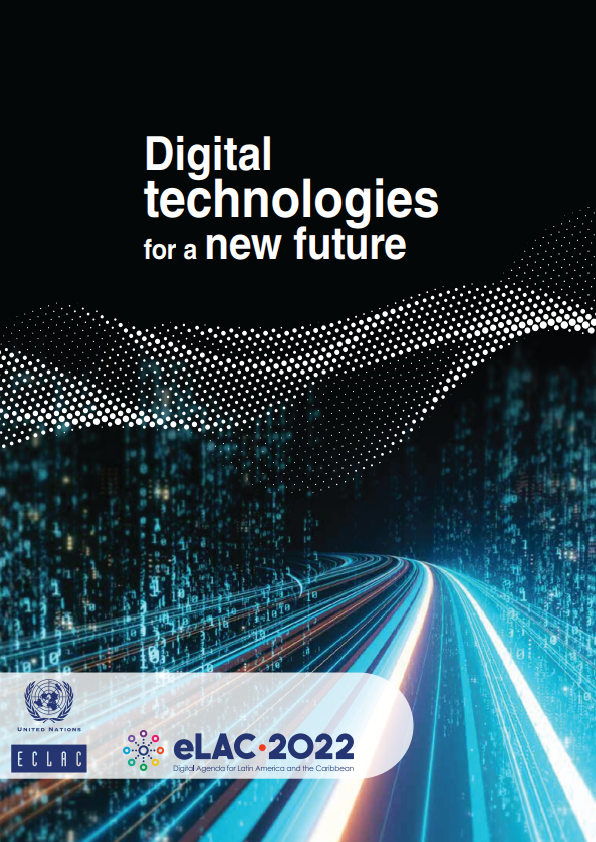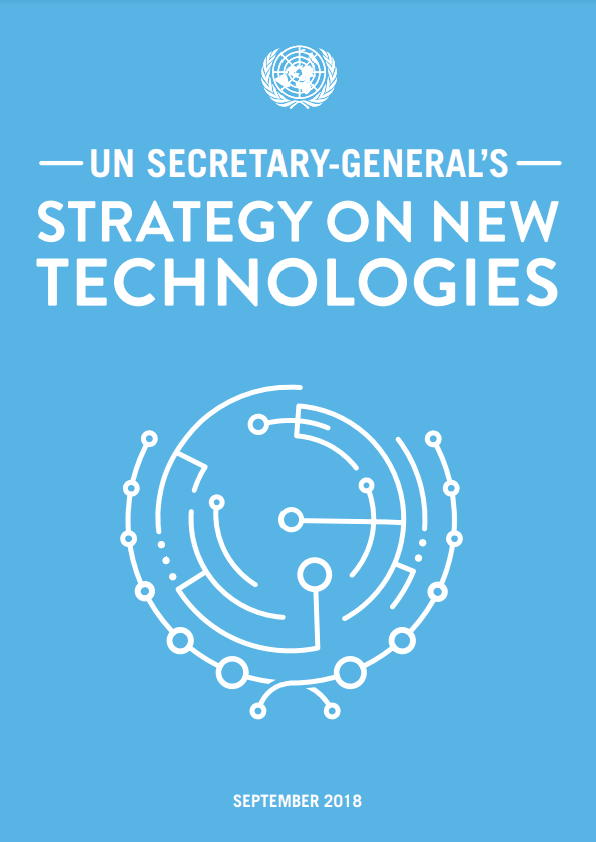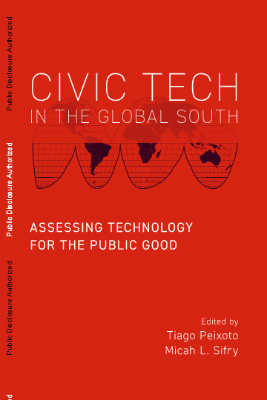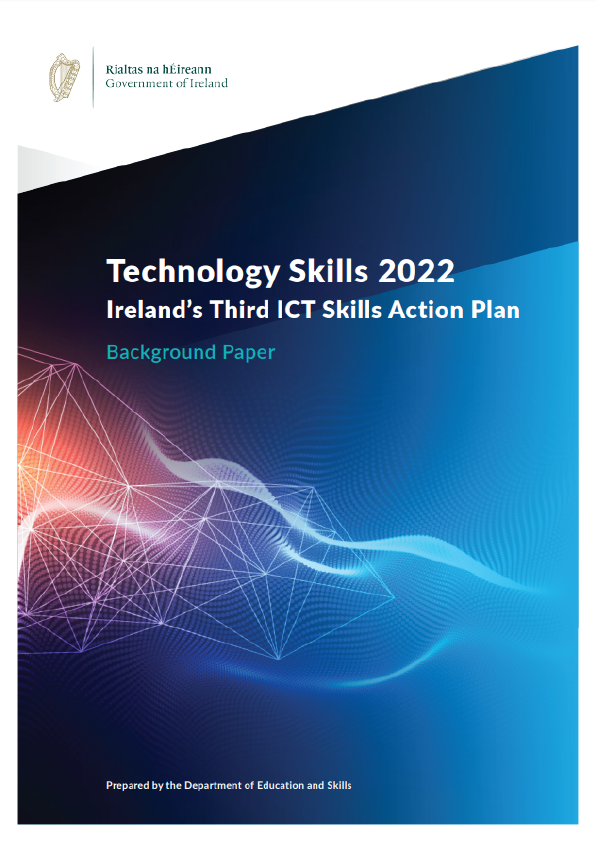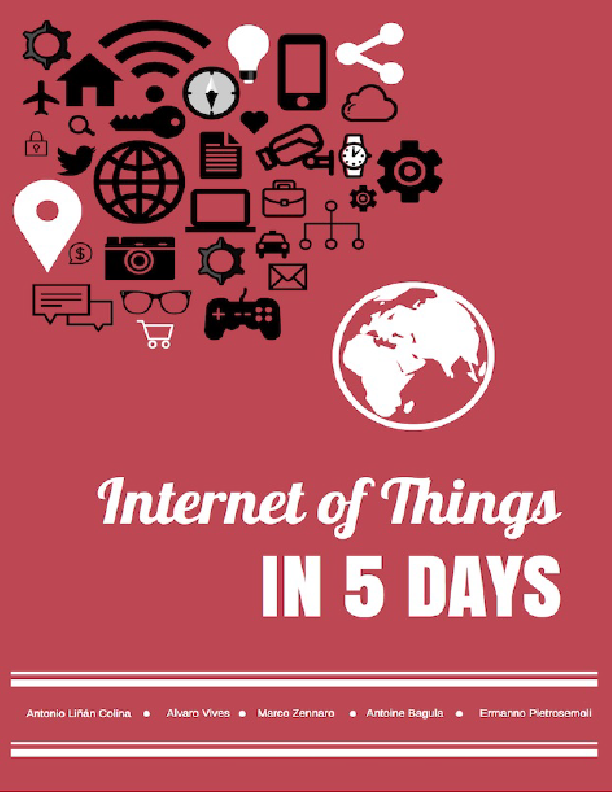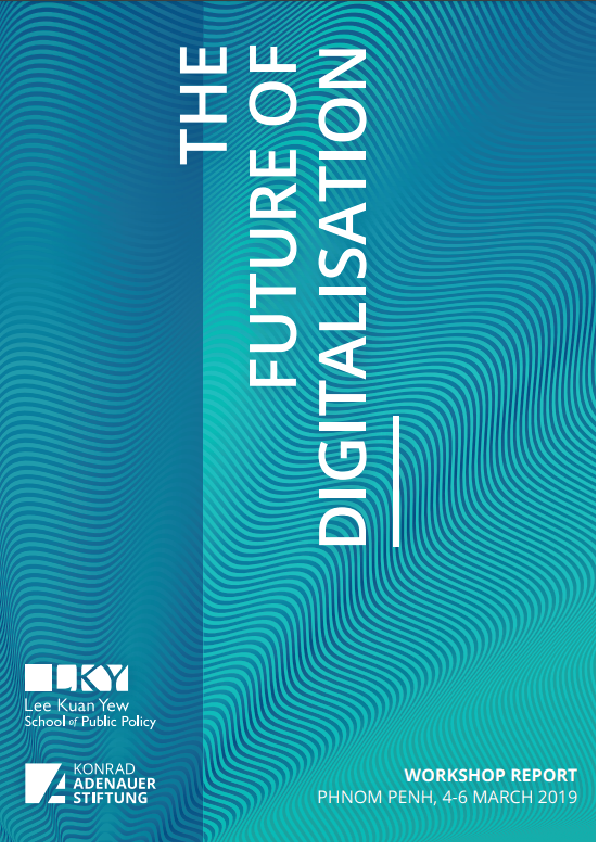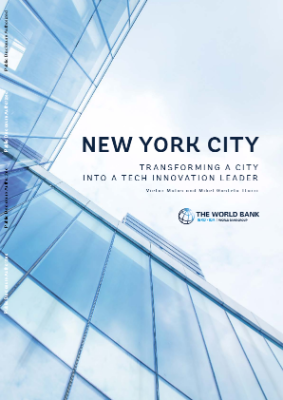For over a decade, the Global Symposium on ICT Use in Education (GSIE) has brought over a thousand high level government policymakers and practitioners from over 50 countries to Korea to share information about emerging uses of information and communications technologies (ICTs) in education around the world. Given its experience in exploring cutting edge approaches to educational technology use across the Korean public school system, the Korea Education & Research Information Service (KERIS) has proved to be a great host for the event in numerous ways.
In the course of its support for policy dialogues at the GSIE over this period, the event organizers — the World Bank, the Korean Ministry of Information and KERIS — observed that, as technologies have changed, excitement about particular individual technologies and their specific uses to support teaching and learning has ebbed and flowed over time. A few interests have remained constant, however.
While GSIE organizers had planned from the beginning to support knowledge exchanges around a few ‘evergreen’ general topics (e.g. like the use of new technologies to support teachers; monitoring and evaluation; and digital competencies for learners) in which KERIS had notable experience and expertise. What organizers did not initially anticipate, however, was the extent to which policymakers were interested not only in learning about what KERIS itself knew, and was learning, about uses of new technologies in education, but also in learning about the institution of KERIS itself – as well as institutions like it. As it happened, people responsible for starting, leading and/or overseeing national institutions in their countries which performed similar sorts of functions to that of KERIS — an institution commonly referred to as a national education technology, or ICT/education, agency — increasingly made the trek to Korea to participate in the GSIE, sharing with their counterparts information and insights about national institutions emerging in countries around the world to help introduce, support, fund, share information about and evaluate the use of ICTs in education at a large scale.
This publication, Building and sustaining national educational technology agencies: Lessons, models and case studies from around the world, attempts to document and take stock of this phenomenon. It is one output from the World Bank’s Systems Approach for Better Education Results (SABER) initiative, which seeks to improve the global knowledge base related to education systems analyses, assessments, diagnoses, and opportunities for dialogue
